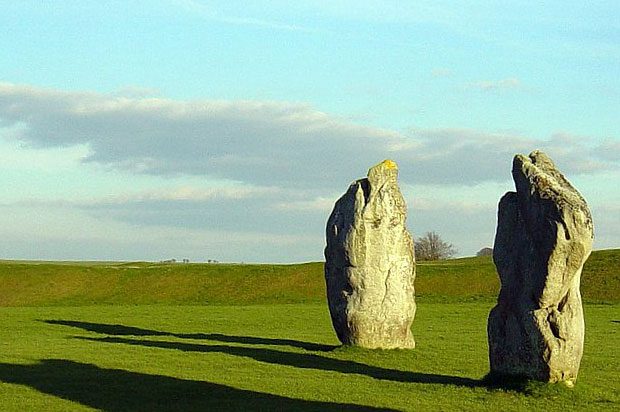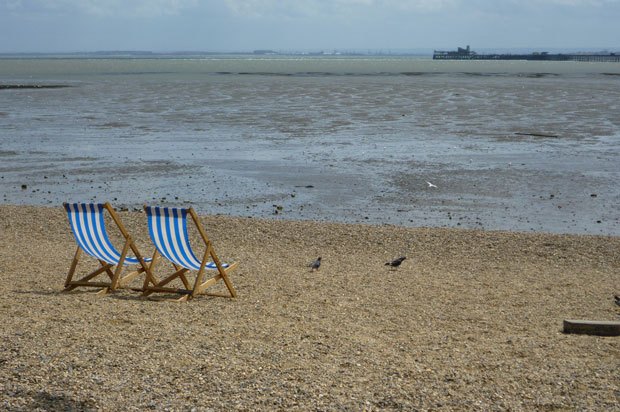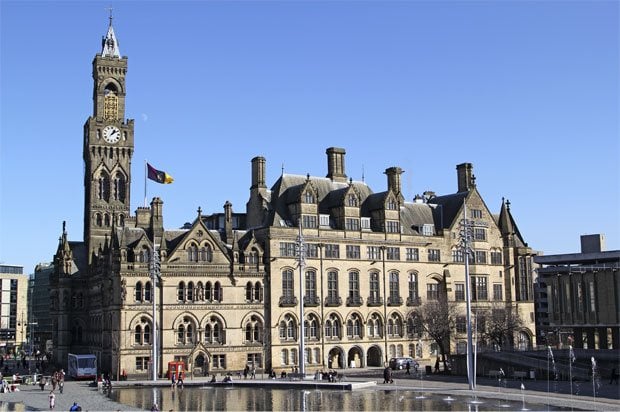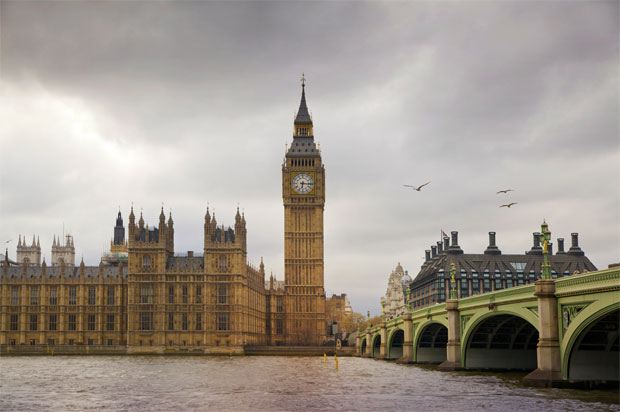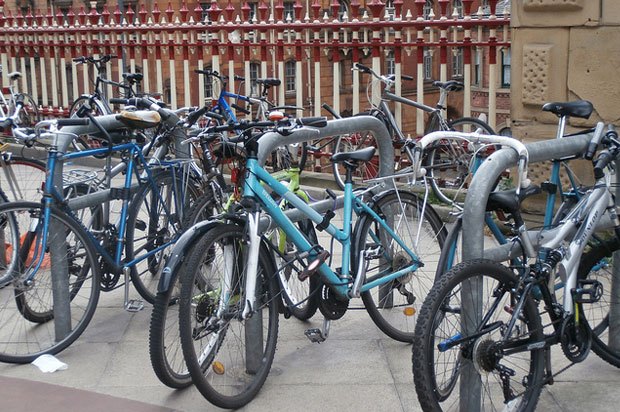Camping holidays in the UK

If you think canvas is just for the Scouts, think again. Camping is good for your wallet, and good for the environment. Check out our guide to camping holidays in the UK.
Camping is one of the best, and certainly cheapest, holidays you can have. There’s much to be said for a break outdoors and even in the rain it can be a lot of fun (really!). Before you head off for a life under canvas however, there are a few points to consider.
Buying a tent
Top of any list of camping essentials: your tent. You can buy a two-person tent for under £20; this will be ample for fair-weathered weekend camping.
If you’re going away for longer, or there are several of you, then look for something a bit more sophisticated. (Bear in mind that although a tent may be advertised as a four-person tent, by the time you’ve stashed all your equipment inside it will realistically only sleep two people comfortably.)
If the weather isn’t great, you won’t regret spending more on a tent that can actually give you some protection from the elements.
How to find a campsite
In the UK there are a whole host of options, from the more communal experience of a friendly holiday park to climbing hills and trekking through forests in national parks. Your options will often depend on whether you have access to your own vehicle, or you’re relying on public transport.
You’ll also need to consider what sort of site you want to stay on. A quiet spot in a farmer’s field might seem like a proper (and cheap) camping trip, but check to see if you have permission. If you need to scale a fence or wall to get into the field, the chances are it’s private land.
If you’re looking for something more lively then head for a larger campsite with a range of facilities, such as on-site restaurants, swimming pools and evening entertainment.
Booking a caravan
If you want to give camping a try but you’re not really sure you want to put up a tent and sleep on the floor, then you could hire a static caravan. Caravans give you the benefit of home comforts, such as TV (as long as you have an electricity hook up!) and a proper bed.
There are plenty of web directories that have comprehensive lists of campsites in the UK and Europe. You can often filter searches by location and facilities that suit your needs.
When to book your camping trip
Sites quickly fill up over bank holidays and popular sites get booked up weeks ahead of the summer holidays, so you should book ahead. Also bear in mind that some sites don’t accept bookings from large same-gender groups (to avoid the chaos of stag and hen parties).
If you want to get right away from it all, then there is the option of wild camping. Recommended places include Dartmoor and the Scottish Highlands. There are certain guidelines you should follow to keep your impact on the environment to a minimum.
Camping essentials: what to pack
Aside from your tent and sleeping bag, there are some other camping essentials you shouldn’t leave home without.
Unless you plan on eating out all the time you’ll need something to cook on. Many high street shops sell portable gas stoves that are more than adequate to boil a kettle and cook your egg and beans in the morning.
Other items you might want to add to your camping checklist include:
- Pillows, airbeds and/or roll mats (you won’t get a decent night’s sleep otherwise).
- Pots and plastic or enamel plates, bowls, cups and cutlery.
- Cool box or fridge to keep drinks cool.
- Tin opener and corkscrew.
- Washing-up bowl, sponge and washing-up liquid.
- Matches and spare gas canisters.
- Toilet roll and baby wipes.
- Torch and spare batteries.
- Hammer or mallet to hammer tent pegs into the ground.
- Clothes pegs and string to use as a clothes line.
- Bin bags for rubbish and dirty washing.
- First aid kit.
- Outdoor furniture – table, chairs, stools.
If you’re camping at a festival, check out our festival packing list here.
All this camping gear is useful, but if you do forget something you’ll probably be able to borrow it from a fellow camper.
Campsites are pretty friendly places and people are usually happy to help each other out by lending camping equipment, so if you need assistance – just ask.
If you’re keen to get away but want to save a few quid, we’ve got some more tips for how to travel cheap here.
Next Steps
- Chat about this subject on our Discussion Boards.
By Rosie Spowart
Updated on 09-Feb-2023
No featured article


